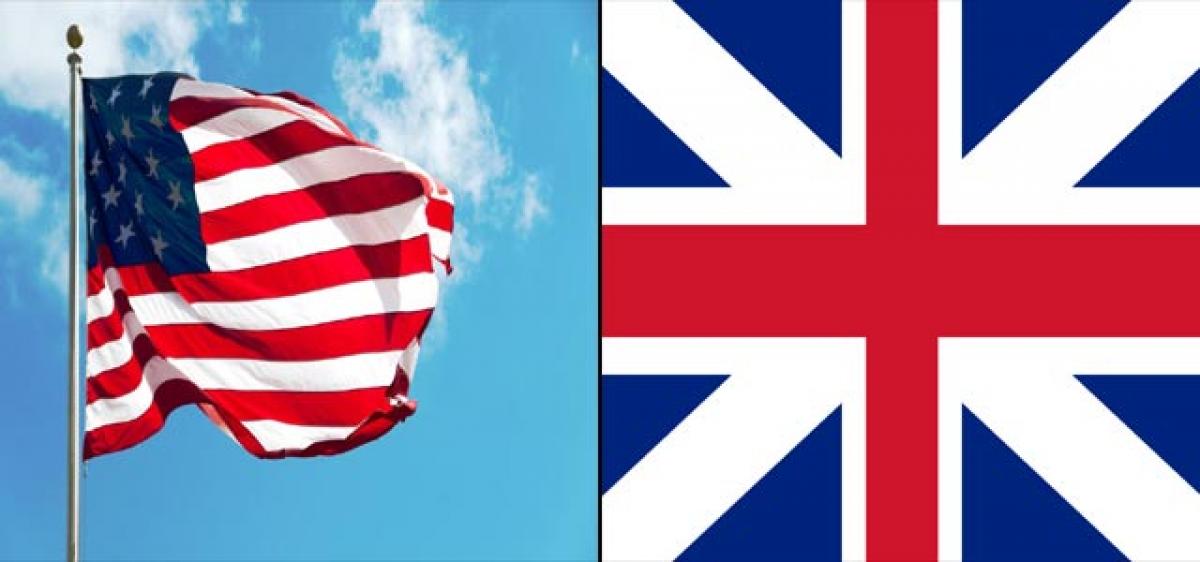United States Declaration of Independence Part-I

The Declaration of Independence is the statement adopted by the Second Continental Congress meeting in Philadelphia on July 4, 1776, which announced that the thirteen American colonies, then at war with Britain, regarded themselves as newly independent and sovereign and no longer under British They announced formation of new nation-the United States of America.
The Declaration of Independence is the statement adopted by the Second Continental Congress meeting in Philadelphia on July 4, 1776, which announced that the thirteen American colonies, then at war with Britain, regarded themselves as newly independent and sovereign and no longer under British They announced formation of new nation-the United States of America.
Thomas Jefferson composed the original draft for the Congress to finalise. The Declaration came a year after the American Revolutionary War.
Its most familiar version, which is popularly regarded as official, is a signed copy that is on display at the National Archives in Washington. It remains one of most well-known statements on Human Rights – particularly the second sentence, which reads.
“We hold these truths to be self-evident, that all men are created equal, that they are endowed by their creator with certain unalienable rights that among these are life, Liberty and the pursuit of happiness” - also regarded "one of the best-known sentences in the English language", containing and "the most potent and consequential words in American history".
Sequence of events leading to the Declaration of Independence
The story began as early as in 1975 when the Quartering Act was passed, angering the American colonists, as it required the colonies provide barracks and supplies to the British troops.
The next milestone was the enactment, in British Parliament, of what was called the Stamp Act which imposed the first direct tax on the American colonies to raise money for the British exchequer.
The levy covered newspapers, almanacs and legal documents among others and stamps were required to be affixed to documents or packages in evidence of payment of tax.
The American colonists protested against the Act and began to intimidate stamp against through a network of secrete organization called the Sons of Liberty. Even before the text could be collected, as a result of which all events resigned.
Finally in 1766 Act was repealed and the citizens of the colonies gave up lifted the ban on the import of British goods.
Next came the passing of the Declaratory Act, on the very same day as the Stamp Act was repealed, it's empowering Parliament to make laws binding American colonies "in all cases whatsoever".
New York which was the headquarters for the British troops in America was the most affected by the Quartering Act. The New York Assembly refused to assist the British troops resulting in a skirmish, whereupon parliament suspended the powers of that Assembly which, however, refused to carry out that order.
Other important milestones preceding the Declaration of Independence included, the Townsend act 1960 1767, meant for covering the expenses involved in governing the American colonies, end providing for taxes on glass, lead, and tea among other commodities.
The Massachusetts Circular Letter 1768 attacking British Parliament’s persistent taxing of the colonies, the Virginia Resolutions 1769 British actions against Massachusetts the cutting back of Townsend Act, and the attack on the "Gaspee" in 1772 in which boatloads of men attacked a grounded British Customs schooner at Providence, Rhode Island.
An event that standards out in that sequence is the Tea Act in 1773 which gave the British merchants an unfair advantage in marketing tea in America, resulting in the boycott of tea.
When British tea arrived in Boston harbor the citizens wanted it to go back. When the Governor insisted on payment of taxes a group of men disguise as Indians barred them and dumped the tea in the harbor – an incident famously known as "the Boston Tea Party"
As a result in 1774 Parliament in Britain passed several coercive Acts to punish Massachusetts.
The new England Restraining Act 1775.
After several other incidents, including a scuffle at Lexington and Concord, the second Continental Congress convened in Philadelphia, the naming of George Washington as commander in Chief, and the battle at Bunker Hill Congress finally issued a petition declaring its loyalty to the King, known as the “Olive Branch Petition and King George-III rejected the petition, and declared the colonies in rebellion.








